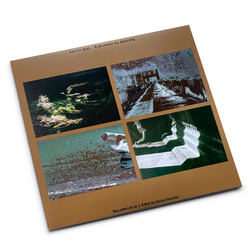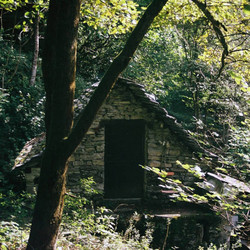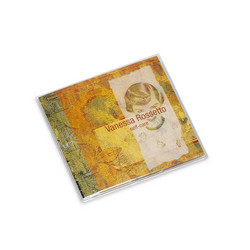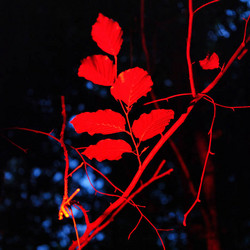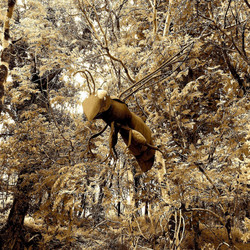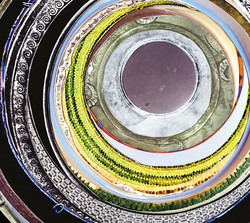A warning for the present and the future, from the past… The time is apartheid South Africa. The resonance is now.
You will hear, in order of appearance:
Soweto's Imilonji KaNtu Choral Society singing at the enthronement of Archbishop Desmond Tutu, St George's Cathedral, Cape Town;
Archbishop Tutu, Nobel Peace Prize winner;
An announcer on state-controlled radio;
Beyers Naudé, once a leading pro-apartheid Afrikaner cleric whose radical epiphany after the Sharpeville massacre of March 1960, when police shot and killed 91 peaceful protestors, led to him being 'banned' – with draconian restrictions – by the very apartheid establishment he'd been at the heart of. He followed Desmond Tutu as head of the anti-apartheid South African Council of Churches. Beyers Naudé's ashes are scattered in Alexandra;
P W Botha, then State President, notorious for his uncompromising brutality;
Protestors outside St George's Cathedral;
Tommy Roberts, activist frequently targeted by authorities, life-long resident of Alexandra, an overcrowded squalid township surrounded by rich whites-only areas in Johannesburg;
Constable Ensor of the South African Police, based at a heavily fortified compound in Alexandra;
Meditative interior of St George's Cathedral, because in authoritarian societies silence tells its own story, of what's concealed, of what's not there;
Sibusiso Ntombene, then just 19, one of the teenage 'comrades' in Soweto outside Johannesburg who risked their lives to lead illegal street protests;
A police officer barring access to the Soweto funeral of a young 'comrade';
Lorraine Kubeka, 23-year-old resident of Alexandra, washing nappies in her backyard;
Police and soldiers firing teargas and rubber bullets at Alexandra protestors;
Sheena Duncan, one of the leaders of the Black Sash, an organisation of liberal white women, which documented apartheid's excesses;
Helen Suzman MP, who used the whites-only parliament to expose the worst of an authoritarian regime, frequent visitor to Nelson Mandela in jail;
Joyce Mokhesi, whose brother Francis, a 31-year-old professional footballer, was one of the Sharpeville Six convicted of 'common purpose' in the death of Pretoria-appointed black deputy mayor during protests in Sharpeville and sentenced to death. Francis Mokhesi was carrying a football injury – confirmed by his coach – and could barely walk. He said that he wasn't anywhere near the site of the attack. Legal experts said the Sharpeville Six's death sentences 'smack of simple vengeance';
Albertina Sisulu, matriarch of one of South Africa's leading political families, anti-apartheid leader, nurse, hounded by the state, now honoured throughout South Africa with – among many other tributes – a mural in central Johannesburg;
Nigel Wrench, then 27, and a Marantz CP430.



